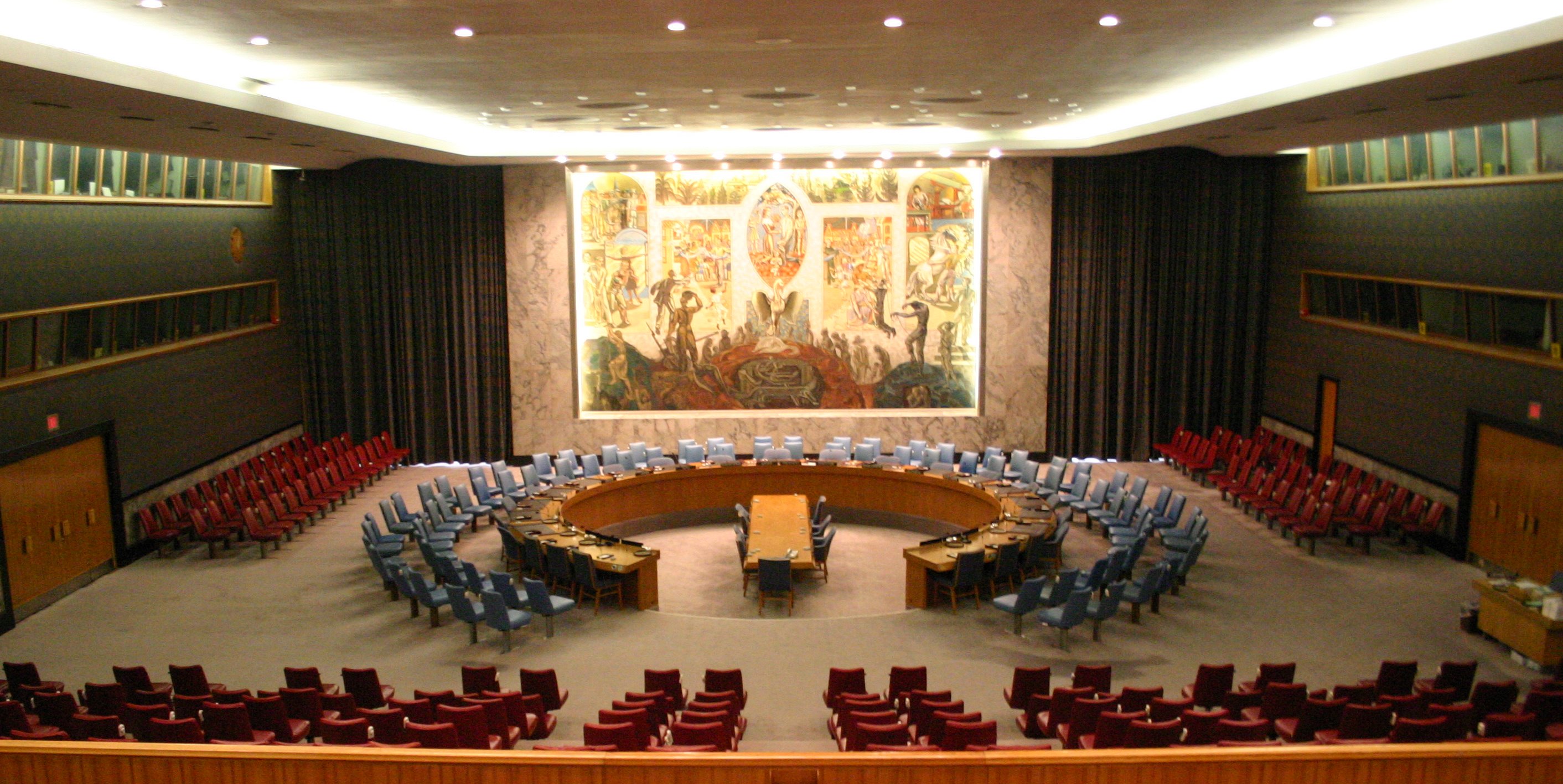Monetary policy cycles in developing countries will increasingly diverge in 2023 as several central banks are expected to further raise interest rates, while others may find policy space to hold, or even cut, rates.
SDG #8: Decent work and economic growth
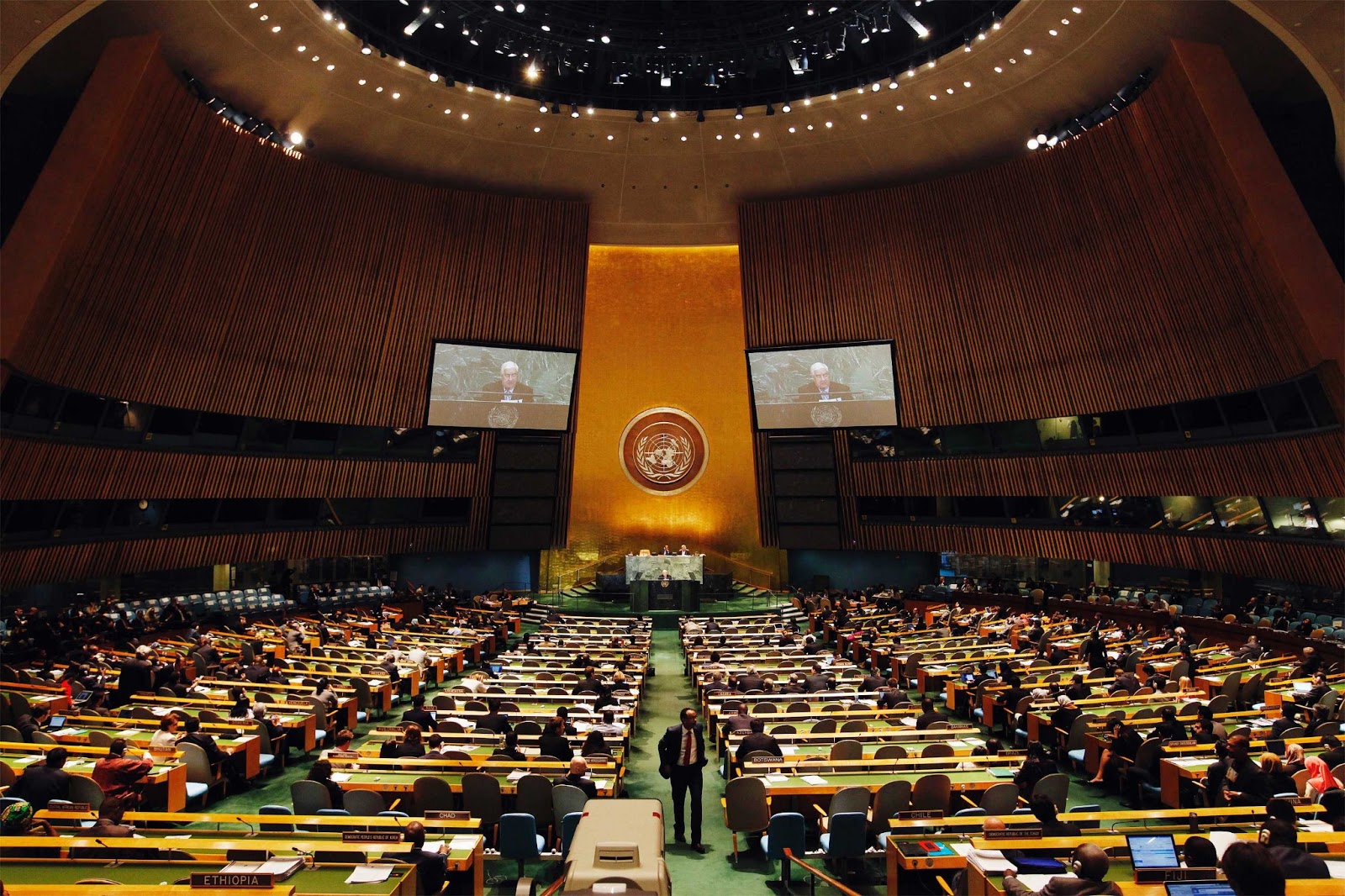
The lingering war in Ukraine has been weighing on global economic activity since early 2022, undermining post-pandemic recovery. The initial impact of the conflict on energy and commodity prices appears to have waned, although some risks on the supply side may re-emerge, and challenges to Europe?s energy security remain.
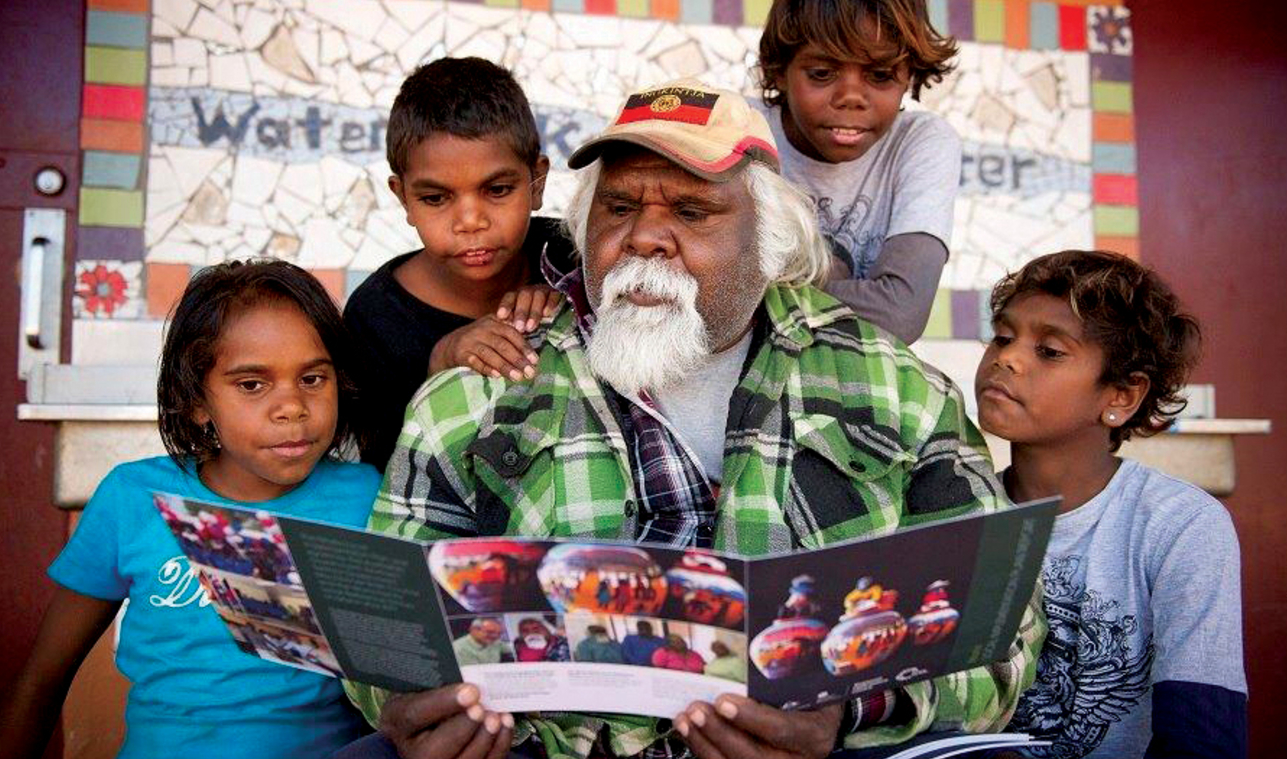
Indigenous languages hold vital information about scientific and traditional knowledge on ecosystems, conservation and sustainability that benefits the whole of society. Every time an Indigenous language becomes extinct, the millennial knowledge of a culture is lost forever to the detriment of Indigenous Peoples and humanity. Inclusive policies can help reverse the trend and preserve the existence of Indigenous Peoples, their languages, cultures and knowledge.
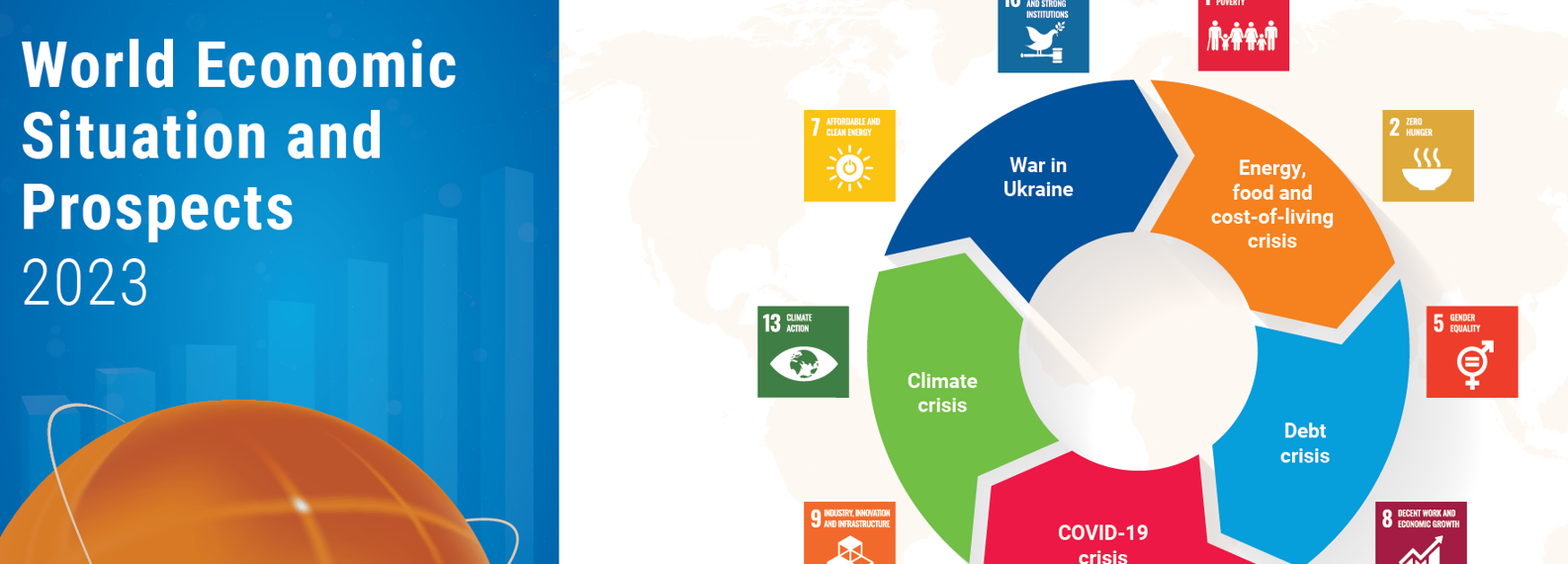
Persistently high inflation in both developed and developing economies is eroding real incomes. External financing conditions for developing economies have deteriorated due to the monetary tightening measures to counter inflation in developed economies.

More must be done to tackle decent work challenges, promote transitions from informal to formal employment, combat long-term unemployment and strengthen mechanisms to set and adjust wages.

Public institutions shall take policy measures to address challenges and build an enabling ecosystem for youth engagement and participation, with a focus on bridging the youth digital divide and supporting digital skills development of youth.

Multiple shocks to the world economy
The world continues to confront multiple, inter-connected crises. Amid a slow recovery from the impact of the COVID-19 pandemic, the world is facing a food and energy crisis exacerbated by the war in Ukra

Public collection of beneficial ownership information, usually through a registry, is now the global standard, and all countries should build effective registries as quickly as possible. Further work remains to harmonize implementation, close loopholes, and ensure effective exchange of information.
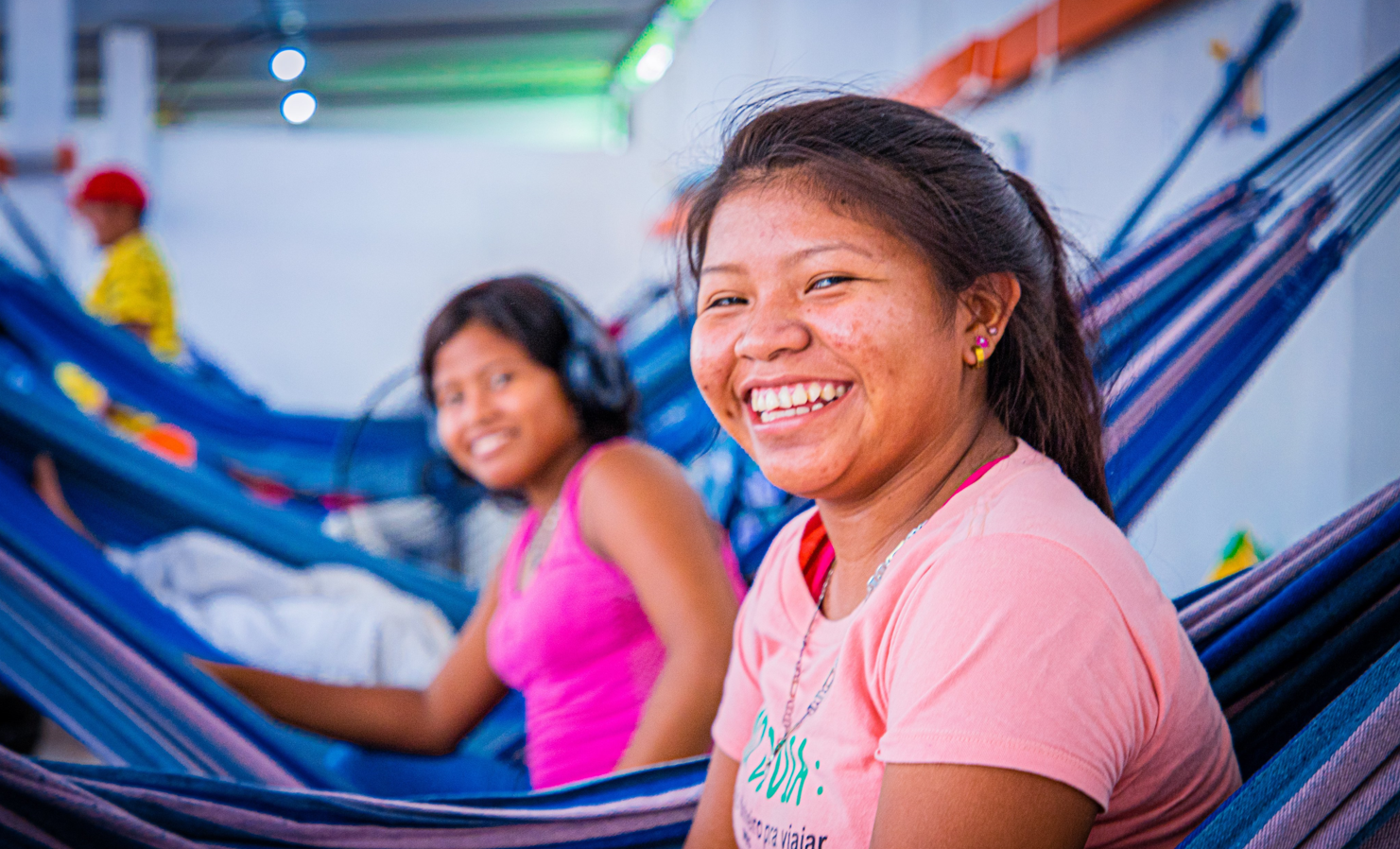
Respecting, protecting and fulfilling the human rights of all migrants, regardless of their migration status, benefit migrants and countries alike. Addressing the adverse drivers and structural factors that hinder people from building and maintaining sustainable livelihoods in their own countries and communities can reduce the pressure to migrate.
 Welcome to the United Nations
Welcome to the United Nations
